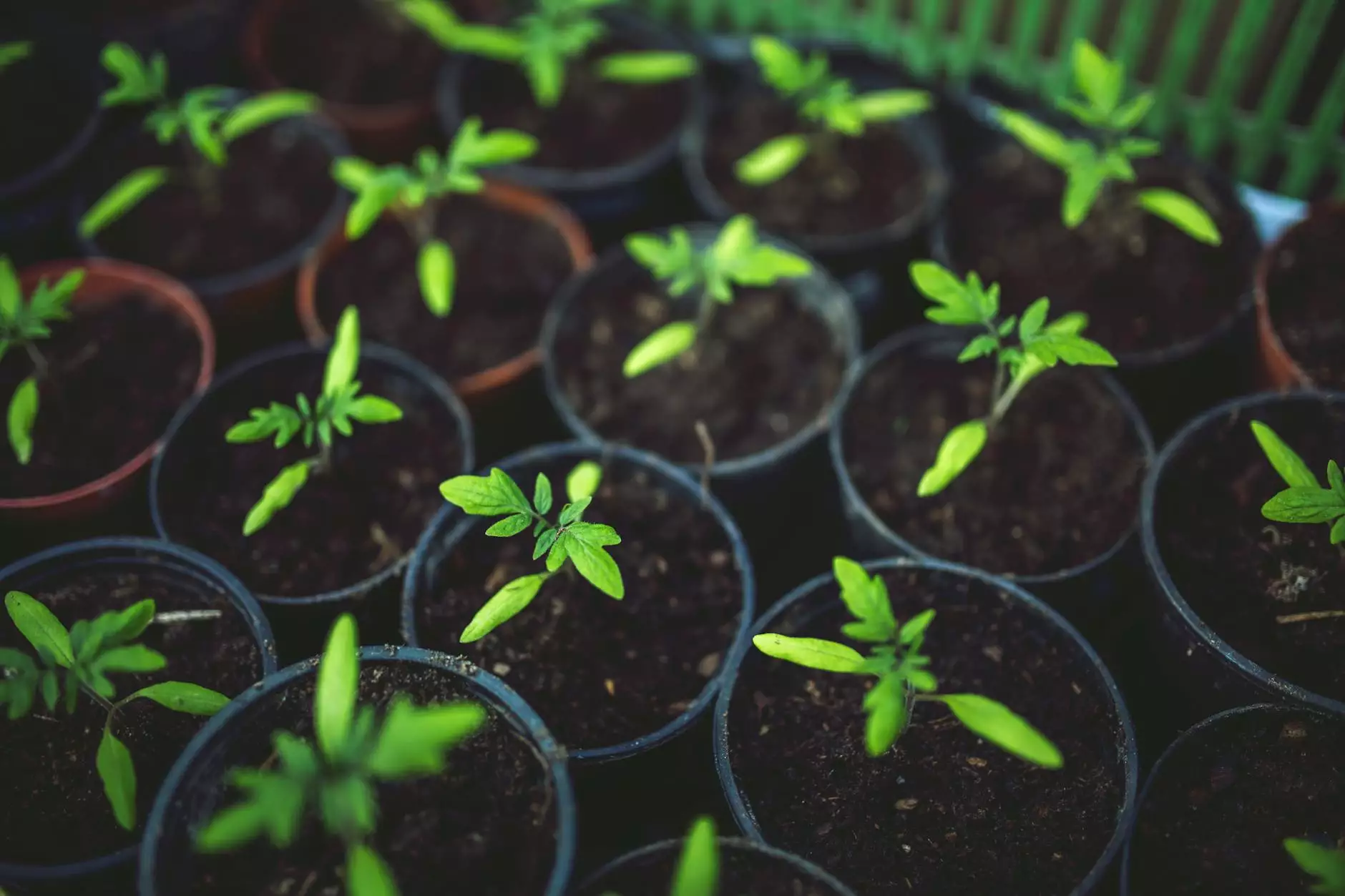Where to Get Peyote Buttons: The Ultimate Guide for Collectors and Enthusiasts

Understanding Peyote: A Sacred Cactus in Spiritual and Botanical Communities
Peyote (Lophophora williamsii) is a small, spineless cactus renowned for its psychoactive properties and cultural significance among Native American tribes and spiritual practitioners worldwide. Its use spans thousands of years, serving as a sacred tool for healing, divine connection, and spiritual revelation.
In recent years, greater interest has emerged in collecting and cultivating peyote for both its spiritual essence and botanical fascination. Many enthusiasts and researchers ask, where to get peyote buttons — a query driven by respect for tradition, curiosity about plant cultivation, and, of course, legal considerations.
The Significance of Peyote in Spiritual and Cultural Contexts
Within many Indigenous traditions, particularly among Native American communities in the southwestern United States, peyote holds deep spiritual meaning. Rituals involving peyote are regarded as sacred and are conducted with profound reverence. The cactus is considered a conduit for divine communication, visions, and personal insight.
Beyond its spiritual use, peyote has also caught the attention of botanists and plant enthusiasts for its unique biological features and resilience. As a hardy cactus with distinctive features, peyote's cultural and scientific importance makes sourcing it responsibly a priority for many.
Legal and Ethical Considerations When Seeking Peyote
Before exploring where to get peyote buttons, it’s vital to understand the legal landscape surrounding this sacred cactus. Laws governing peyote are complex and vary significantly by jurisdiction:
- United States: Peyote is classified as a Schedule I controlled substance under the Federal Controlled Substances Act, making its possession and distribution illegal for most civilians. However, certain Native American religious groups are permitted to use peyote legally in religious ceremonies under the American Indian Religious Freedom Act.
- Canada and Europe: Strict regulations generally prohibit possession or cultivation unless authorized for scientific or conservational purposes.
- Mexico: Peyote has traditional and cultural significance, and local laws are relatively more permissive, but commercial trade often remains regulated.
Ethically sourcing peyote emphasizes respecting cultural traditions, legal compliance, and avoiding harm to wild populations. Over-harvesting and illegal trade threaten wild peyote populations, which are now listed as threatened or endangered due to habitat destruction and overcollection.
Where to Get Peyote Buttons: A Comprehensive Guide
1. Legal and Responsible Sources for Peyote
For those legally permitted to possess or cultivate peyote, the most reliable sources include licensed nurseries, botanical gardens, or specialized cultivation companies. Here’s what to look for:
- Authorized Cultivators: Reputable nurseries that specialize in cacti and have proper permits for growing peyote for research or conservation purposes.
- Botanical Gardens: Some botanical institutions may offer plants for educational or conservation projects, providing a legal and ethical avenue.
- Licensed Seed Sellers: If cultivation is permissible, acquiring seeds or small plants from licensed vendors ensures legality and quality.
2. Cultivating Peyote at Home: A Step-by-Step Approach
Growing peyote ``yourself`` is increasingly popular among dedicated enthusiasts, especially in regions where it is legal or within tribal jurisdictions. Here’s an outline for successful cultivation:
- Understanding the Environment: Peyote thrives in well-draining, sandy soil with bright, indirect sunlight. Indoor growers should imitate desert conditions.
- Obtaining Seeds or Clones: Secure from licensed sources or reputable seed banks specializing in cacti.
- Growing Conditions: Maintain temperatures above 70°F (21°C), ensure proper drainage, and avoid overwatering — water sparingly during dormant periods.
- Growth Timeline: Expect several years before peyote reaches mature size suitable for harvesting buttons.
3. Ethical Wild Harvesting: Preserving Ancient Populations
If you plan to harvest from the wild, remember that wild peyote populations are fragile and protected. Always prioritize sustainable practices:
- Obtain Necessary Permits: Ensure compliance with local environmental laws.
- Limit Harvesting: Remove only a few buttons from mature plants without damaging the roots or the overall health of the plant.
- Participate in Conservation Efforts: Support organizations working to preserve wild peyote through habitat restoration and education.
Trusted Vendors and Sources for Peyote Buttons
Since legalities can vary, some trusted vendors cater specifically to licensed growers and collectors. They focus on ethical sourcing, quality, and adherence to legal standards:
- CactusMistics.com: A reputable shop within the Home & Garden, Herbs & Spices, Spiritual Shop categories, specializing in ethically cultivated cacti and spiritual tools.
- Rare Cacti and Botanicals: Specializes in premium peyote specimens for research or cultivation purposes with proper documentation.
- International Seed Banks: Offer high-quality seeds for licensed cultivation, with a focus on conservation and genetic diversity.
Understanding the Cost and Quality of Peyote Buttons
The pricing of peyote buttons varies based on size, maturity, legality, and source. High-quality, ethically sourced buttons are more expensive but essential for conscientious collectors.
Expect prices ranging from $20 to $150 or more per button depending on the size and source. Quality is paramount; avoid questionable vendors offering unusually low prices, as these may involve illegal or endangered plants.
Alternative Options and Complementary Products
You may also consider:
- Growing your own peyote: Ensures legality and sustainability.
- Supporting conservation organizations: Such as the Peyote Conservation Initiative, dedicated to protecting wild populations.
- Legal herbal and spiritual products: For those interested in psychoactive experiences without legal risk, explore legal herbs and herbal blends.
Final Tips for Aspiring Peyote Enthusiasts
Whether you're a spiritual seeker, botanist, or cultivator, keep these best practices in mind:
- Research local laws thoroughly to ensure compliance before attempting to acquire or cultivate peyote.
- Purchase only from reputable and licensed sources that prioritize sustainability and legality.
- Practice ethical harvesting by minimizing impact on wild populations.
- Gain knowledge about proper care and cultivation to cultivate healthy plants and preserve this sacred cactus.
- Respect cultural traditions: Understand the deep spiritual significance of peyote and approach with reverence and responsibility.
Conclusion: Navigating the Path to Acquiring Peyote Buttons
Finding where to get peyote buttons involves understanding legal constraints, ethical considerations, and trusted sources. Whether you choose to cultivate your own plants responsibly or purchase from licensed growers, prioritizing sustainability and respect for cultural traditions ensures your journey aligns with ethical principles.
As interest in peyote continues to grow, so does the importance of protecting this iconic sacred cactus. Support conservation efforts, respect indigenous practices, and stay informed about legal frameworks—this holistic approach guarantees a meaningful and responsible experience with peyote.
For even more resources and high-quality peyote supplies, visit Cactus Mystics and explore their curated selection within our Home & Garden, Herbs & Spices, and Spiritual Shop categories.









